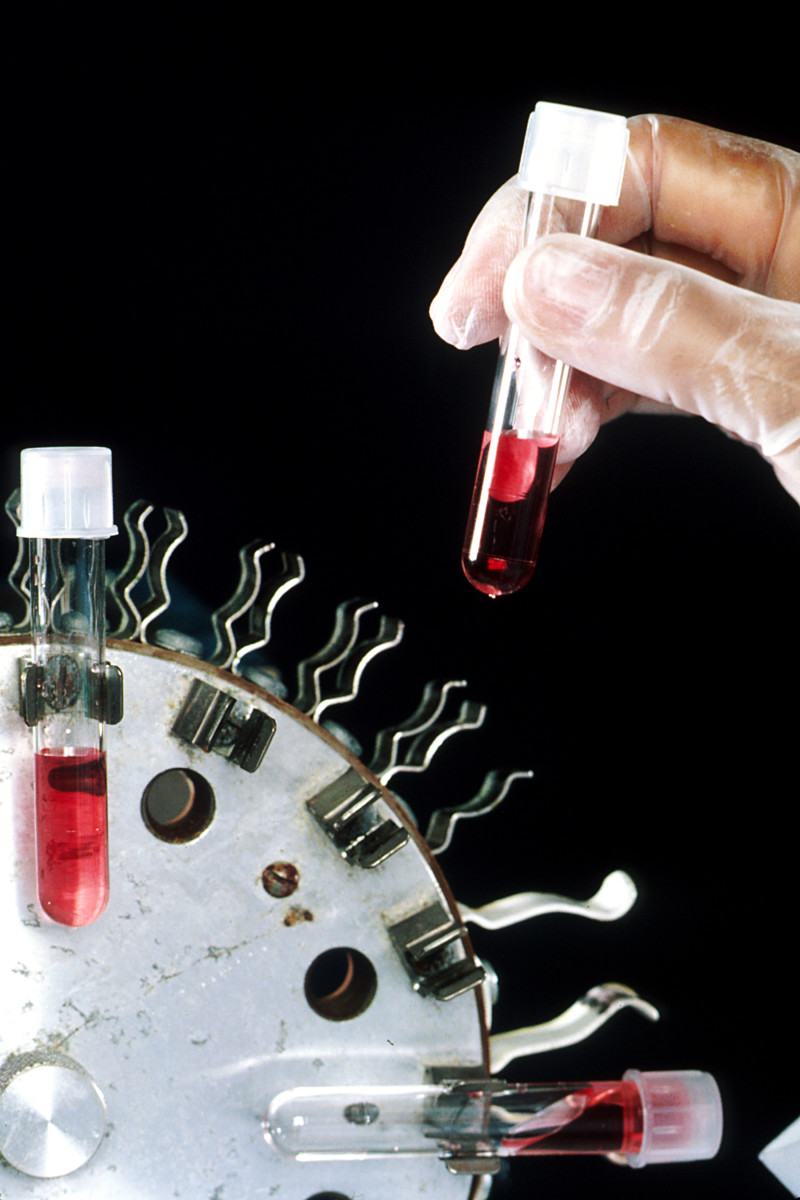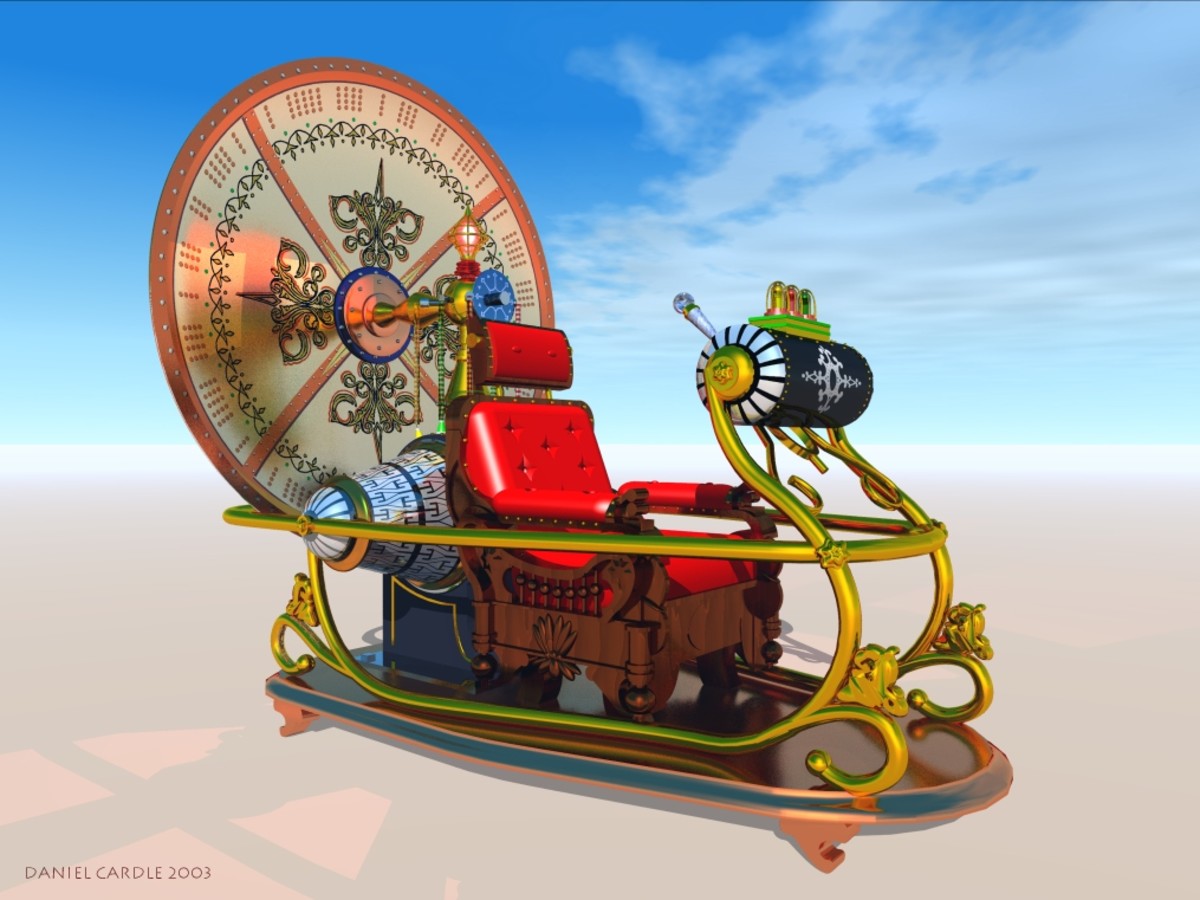How Could Biotechnology Affect Our Future?
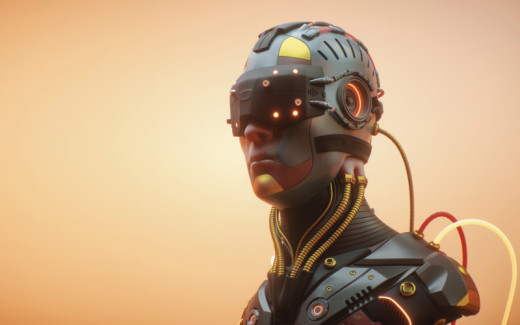
Science Fiction or Reality?
Over the last fifty years, the development of technology and scientific procedures has been expanding at a surprisingly quick rate. Now, what was once considered science fiction to our predecessors, is transforming into the millennial generation's reality. Millennials will soon face the benefit of science and technology's most revolutionary change, biotechnology. With biotechnology, future humans can become a more refined species, free of abnormal deformities, and hereditary diseases. They can become faster, stronger, and smarter by the modification of DNA as developing embryos. These genetically altered individuals are frequently referred to as the Post, Trans, or Super Humans. Developing these so-called superhumans could potentially present life-changing benefits or dire consequences for future generations.
Risky Business
Many Biotechnologists and other supporters in favor of Human Enhancement focus on emphasizing the beneficial outcomes of bioengineering. All while they choose to ignore the various threats it could pose to humanity. They are simply too consumed with the implementation of a plan to which wasn’t completely evaluated. Even in the science fictional world of Super Humans, there is a certain level of responsibility and consequence considered by each decision. It is as if the final counsel of Uncle Ben to the young Peter Parker has been forgotten among many: “With great power comes great responsibility” (Spider-Man Vs Wolverine, Issue 1). While the advantages to this transformation of humans may seem appealing, we must now determine if they are truly worth the potential risk.
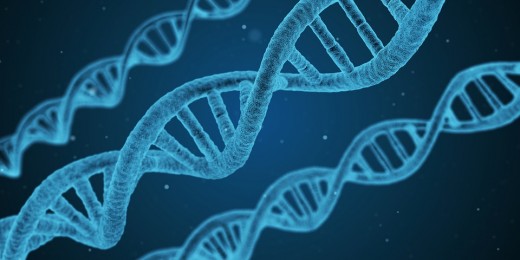
Benefit of the Doubt
Through this remarkable digital age, scientists are trying to open the eyes of the public to the idea of bioengineering. Claiming that various disabilities, diseases, and deficiencies, whether heredity or not, could be cured through a simple manipulation or replacing of cells. Through this process, people will hypothetically become like computers. This initiates the first concern of the development of superhumans. The more artificial we are, the less human we will be. Joel Garreau, an American journalist, and scholar reiterates this idea in his article titled: “The Next Generation; Biotechnology.” “By 2040, the nonhuman portion will be far more powerful than the human portion: we will have become robots” (Garreau, The Washington Post). To convert the function of humanity to machine, with the intent of becoming flawless, is a mindless anticipation. Humans were obviously made imperfect for a purpose, so why disturb our natural process of inner growth? Humans also have the ability to think, feel, and have common moral sense. While Super Humans could be looked at as more desensitized, unfriendly, and lifeless species. If more of the population became post-human, wouldn't that pose a safety threat to the remaining natural humans? This most certainly would, what scientists are forgetting is the development of a superior race would lead to a possible extinction of the less powerful race. Whether they science believes it or not, normal humans would still be needed. Think about what would happen if the post-human population had some sort of hardware failure, the regular humans would be the only hope for the post-humans.
The second area of concern regarding this topic is the effects it could have on society. This alteration could either prove to be prosperous, or disastrous. "In the near term, the world could divide up into three kinds of humans: the Enhanced, who embrace these opportunities, the Naturals, who have the technology available but who, like today's vegetarians, choose not to indulge for moral or aesthetic reasons, and the Rest - those who lag behind, envying or despising these ever-increasing choices.” (Garreau, The Washington Post). This article proposes just one of the various societal problems that could happen through the development of Superhumans. A type of social classification and segregation will arise in the process, breaking the unity of many countries.
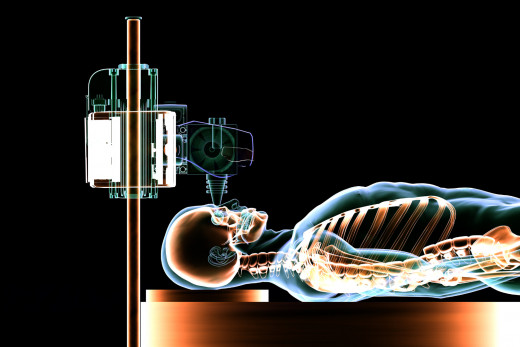
Unlimited Possibilities
Let’s not completely forget that although there could be problems down the road for biotechnology, there is also great potential. Science is promising and already delivering some of the benefits to this advancement. Many are saying that the biotechnological advancements can include replacing of organs or limbs. As well as enhancing of body function like hearing, agility, sight, etc. Senior editor and writer David Masci of the Pew Research Center touches on some of what biotechnology is doing today. (In the last few years, for instance, researchers have implanted artificial retinas to give blind patients partial sight. Other scientists successfully linked a paralyzed man’s brain to a computer chip, which helped restore partial movement of previously non-responsive limbs. Still, others have created synthetic blood substitutes, which could soon be used in human patients) (Masci, Pew Research Center).
If our country alone developed these superhumans we could put an end to numerous wars, coming off conquer. We could become the most powerful country in the world, with all enemies left in fear. But as previously mentioned, the more machine, the less human which means the less control over these enhanced humans. We could end up in what would seem like various science fiction movie plots.
This content reflects the personal opinions of the author. It is accurate and true to the best of the author’s knowledge and should not be substituted for impartial fact or advice in legal, political, or personal matters.
© 2018 Amanda Bowles

